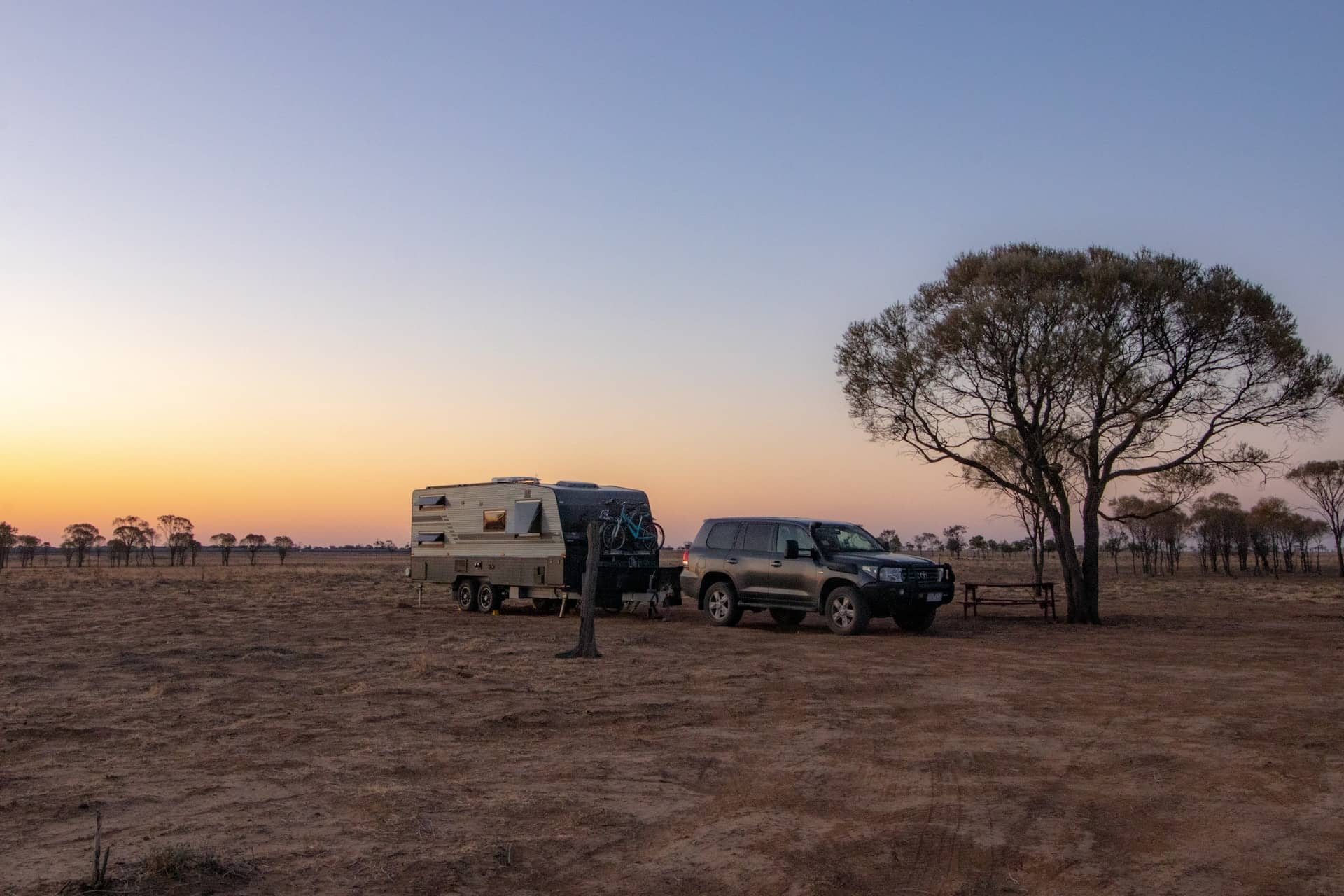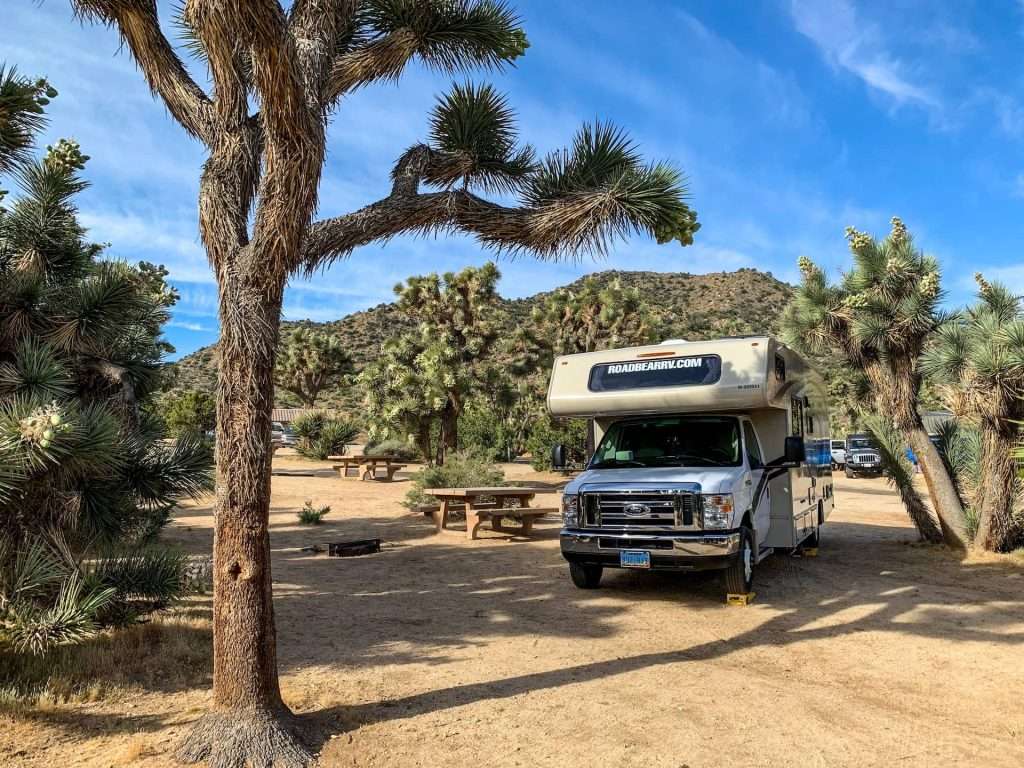
Texas Bill Of Sale For RV: All Your Questions Answered
Texas bill of sale for RV; do you need one? Over the years, I’ve bought and sold more than a few RVs in the Lone Star State — here’s what I’ve learned.
Navigating the legal intricacies associated with purchasing or selling an RV can often feel like a daunting challenge. Whether you’re in the market for a new mobile getaway or hoping to find a new home for your current one, there’s one crucial document you simply cannot afford to overlook: a Texas bill of sale for RVs.
This document plays a pivotal role in any RV transaction that takes place in the Lone Star State. It’s not just about the exchange of funds; it’s about establishing a formal, legal transition of ownership. In this comprehensive article, we’ll delve into everything you need to know about the Texas bill of sale for RVs, answering all the questions that might surface during this process.
So, buckle up as we journey through the crucial facets of the Texas bill of sale for RVs.
Texas Bill Of Sale For RV — What Is It?
By definition, your Texas bill of sale for RVs is a legal document that formally records the sale and purchase of a recreational vehicle (RV) within the state of Texas. It essentially acts as a transaction receipt, outlining the deal’s specifics, including details about the buyer, the seller, and the RV being sold.
This crucial document provides proof of the change in ownership, ensuring that the rights of both parties are protected in the event of any future disputes or discrepancies. It verifies that the seller has given up their rights to the RV, transferring them to the buyer, who then becomes the vehicle’s legal owner.
Any legitimate Texas bill of sale for RVs will always include essential information such as the purchase price, the date of the transaction, and a description of the RV. In some cases, it may also contain details regarding any warranties or ‘as is’ disclosures.
Although some may view the process as merely a formality, having a well-documented and properly completed Texas bill of sale for an RV is integral to the buying or selling process. Understanding what this document is and its significance can save you from potential headaches down the line and ensure a smooth and legal transition of ownership.
Is A Bill Of Sale Required To Register An RV In Texas?
Yes, in the state of Texas, a bill of sale is an essential part of the process when registering any motor vehicle, including RVs. However, it is not the only document that is required; alongside the bill of sale, you will also need the vehicle’s title.
The title is the formal certificate of ownership, while the bill of sale is a comprehensive transaction receipt. The title must be transferred from the seller to the buyer when the RV is bought or sold. The bill of sale is crucial in this context because it provides a record of the transaction, including the price paid and the date of sale.
Keep in mind that the bill of sale isn’t just important for registration; it’s equally significant for personal records. It serves as a legal agreement between the buyer and the seller, offering protection to both parties.
For example, it’s crucial in settling any disputes about when the ownership of the RV was transferred, and it can help the seller if the new owner commits any infractions before they officially register the RV under their name. For the buyer, it provides assurance about the condition of the RV at the time of the sale, and it can be helpful for tax purposes.
While requirements can vary somewhat depending on the county, most Texas counties will need the bill of sale, the vehicle title, and proof of insurance for registration. In some cases, an odometer disclosure is required as well.
What Are The Requirements For Your Texas Bill Of Sale For RVs?
Creating a Texas bill of sale for RVs isn’t just about saying, “This RV has been sold.” There are specific elements that must be included in the document to ensure its legality and validity. Here’s what you need to include in a Texas bill of sale for RVs:
Seller and Buyer Information: Full legal names and addresses of both the seller and the buyer.
Vehicle Information: Detailed description of the RV, including make, model, year of manufacture, and the Vehicle Identification Number (VIN). Additional details may include the color, size, and unique features or identifying marks.
Purchase Price: The total price paid for the RV should be mentioned. If the RV is being given as a gift, this should be noted instead of a sale price.
Date of Sale: The exact date when the transaction took place.
‘As Is’ Disclosure: If the RV is being sold “as is” (i.e., without any warranties or guarantees about its condition), this should be clearly stated in the bill of sale.
Signatures: The buyer and seller must sign and date the bill of sale. In some cases, these signatures may also need to be notarized, although this is not a requirement under Texas law.
Odometer Reading: Texas law requires the seller of a motor vehicle to disclose the vehicle’s odometer reading at the time of the sale. This applies to RVs as well.
Remember, it’s not just about filling in the blanks. Both parties should carefully review the information in the bill of sale to make sure it’s accurate and complete. After all, a Texas bill of sale for RVs serves as a legally binding contract that can be used in court if a dispute arises about the sale. Both parties should keep a copy of the completed bill of sale for their records.
FAQs
Can you claim an RV as a second home in Texas?
Yes, you can claim an RV as a second home in Texas. In fact, not just in Texas, but in all 50 states across the U.S., provided it meets certain criteria. According to the IRS, an RV can be considered a second home (and therefore be eligible for certain tax benefits like mortgage interest deductions) if it has “sleeping, cooking, and toilet facilities.”
However, you can only claim the RV as a second home if it’s not rented out during the year and if you don’t already have another second home. As with any tax-related matter, it’s always advisable to consult a tax professional to understand all the nuances and implications.
Does Texas require a bill of sale to transfer title?
While Texas does not legally require a bill of sale to transfer a vehicle title, having one as part of the transaction is highly recommended. A bill of sale serves as a record of the transaction, detailing the particulars of the sale and purchase, and it can be especially important if disputes arise later on.
When transferring the title, Texas law requires the seller to sign and date the title and provide the buyer with a signed application for the title. Nonetheless, having a Texas bill of sale for an RV (or any other vehicle) is a best practice that protects both buyer and seller, providing them with a clear document that shows the change of ownership.
Final Thoughts
Understanding the ins and outs of your Texas bill of sale for RVs, and the various requirements involved can make buying or selling an RV much smoother. This document not only secures the transaction but also protects the rights and interests of both parties involved.
Though the law might not mandate it in every case, having a well-documented bill of sale is a prudent and recommended step. I hope this guide has provided a comprehensive view of what information you will need for any Texas bill of sale for RVs, and I hope it helps you navigate your RV transaction with greater confidence. Remember, when in doubt, it’s always wise to seek legal counsel to ensure all procedures are correctly followed.








